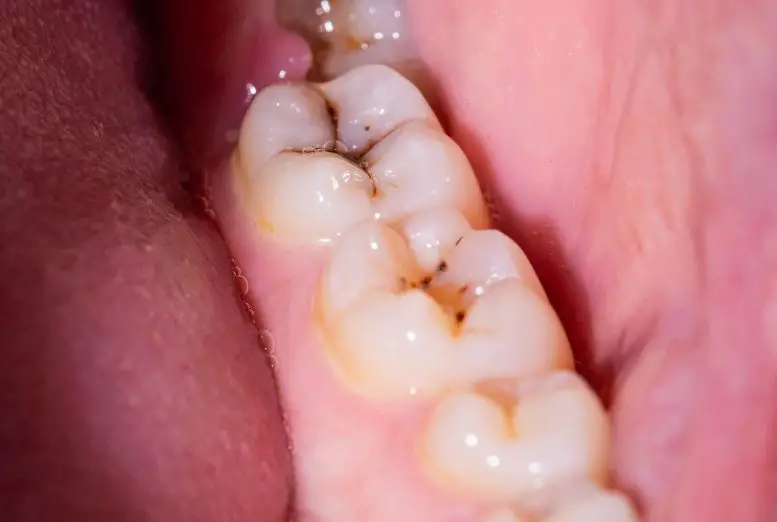
Scientists have discovered that the molecule DIM reduces biofilms causing dental plaque by 90%. Its addition to toothpaste and mouthwash could revolutionize dental hygiene.
3,3′-Diindolylmethane (DIM) decreased the Streptococcus mutans biofilm, a leading contributor to plaque and cavities, by 90%.
A significant portion of the global population experiences persistent issues with dental plaque and cavities or will face them at some time. While toothpaste, mouthwash, and routine dental visits help in prevention, there’s always room for improvement.
Researchers from Ben-Gurion University of the Negev, in collaboration with teams from Sichuan University and the National University of Singapore, have identified that 3,3′-Diindolylmethane (DIM) – a naturally occurring molecule also referred to as bisindole – can reduce biofilms responsible for plaque and cavities by a remarkable 90%.
The molecule is also found to have anti-carcinogenic properties.
Their findings were recently published in the journal Antibiotics.
Your mouth is a great reservoir for bacteria such as S. mutans, which is believed to be one of the primary actors in dental cavities. S. mutans grows in the moist and sugary atmosphere of your mouth after food in a biofilm that coats your teeth. Biofilm generates plaque, attacks enamel, and causes cavities. The scientists found that the bisindole (DIM) disrupted that biofilm by 90% and therefore the bacterium was not given a chance to grow.
“The molecule, which was found to have low toxicity, could be added to toothpastes and mouthwashes to greatly improve dental hygiene,” says lead author Prof. Ariel Kushmaro of the Avram and Stella Goldstein-Goren Department of Biotechnology Engineering. He is also a member of the Ilse Katz Institute for Nanoscale Science and Technology and the Goldman Sonnenfeldt School of Sustainability and Climate Change.
Reference: “3,3′-Diindolylmethane (DIM): A Potential Therapeutic Agent against Cariogenic Streptococcus mutans Biofilm” by Yifat Baruch, Karina Golberg, Qun Sun, Karina Yew-Hoong Gin, Robert S. Marks and Ariel Kushmaro, 6 June 2023, Antibiotics.
DOI: 10.3390/antibiotics12061017
The study was conducted with his student Yifat Baruch, and Dr. Karina Golberg, as well as Prof. Robert S. Marks of the same department and Qun Sun of Sichuan University, and Karina Yew-Hoong Gin of the National University of Singapore.
The research was supported by the International Research and Development Program of Sichuan (2019YFH0113) and SMART innovation grant ING-000398 (Singapore).

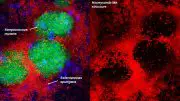
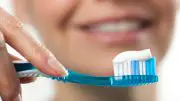
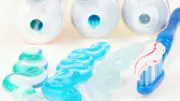
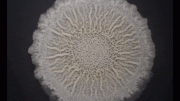
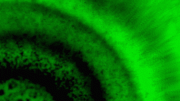
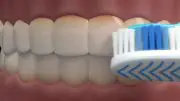


It’s a useful achievement in dental hygiene & care. Can’t wait to have it as an ingredient of daily dental care products like toothpaste, mouthwash, etc.
I’m curious what it does with the good and critical bacteria in your mouth you dont want to get rid of.
Parodontax seems to work well. Would this do a better job?
For anyone unaware, DIM is a compound found in broccoli.
I eat broccoli almost every evening. Didn’t prevent cavities for me.
The natural molecule is called baking soda! I have used it for 20 years and I haven’t plaques or cavities! But your dentist don’t want you know it!
Does not it spoils tooth enamel
It will take 10-15 years to get this in toothpaste.
How about re-growing teeth? They have been working on that for decades. If Sharks can do, we should be able to do it.